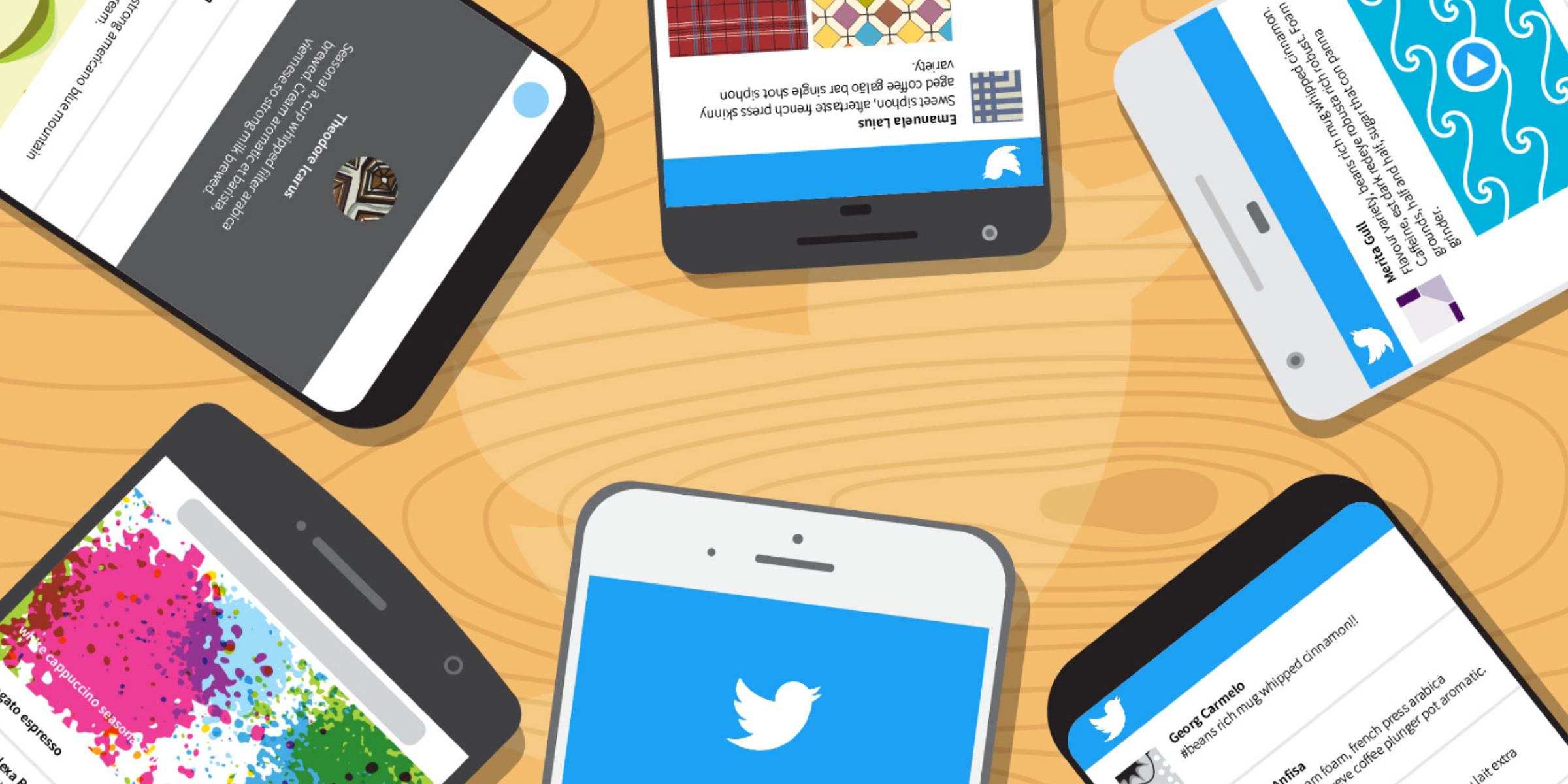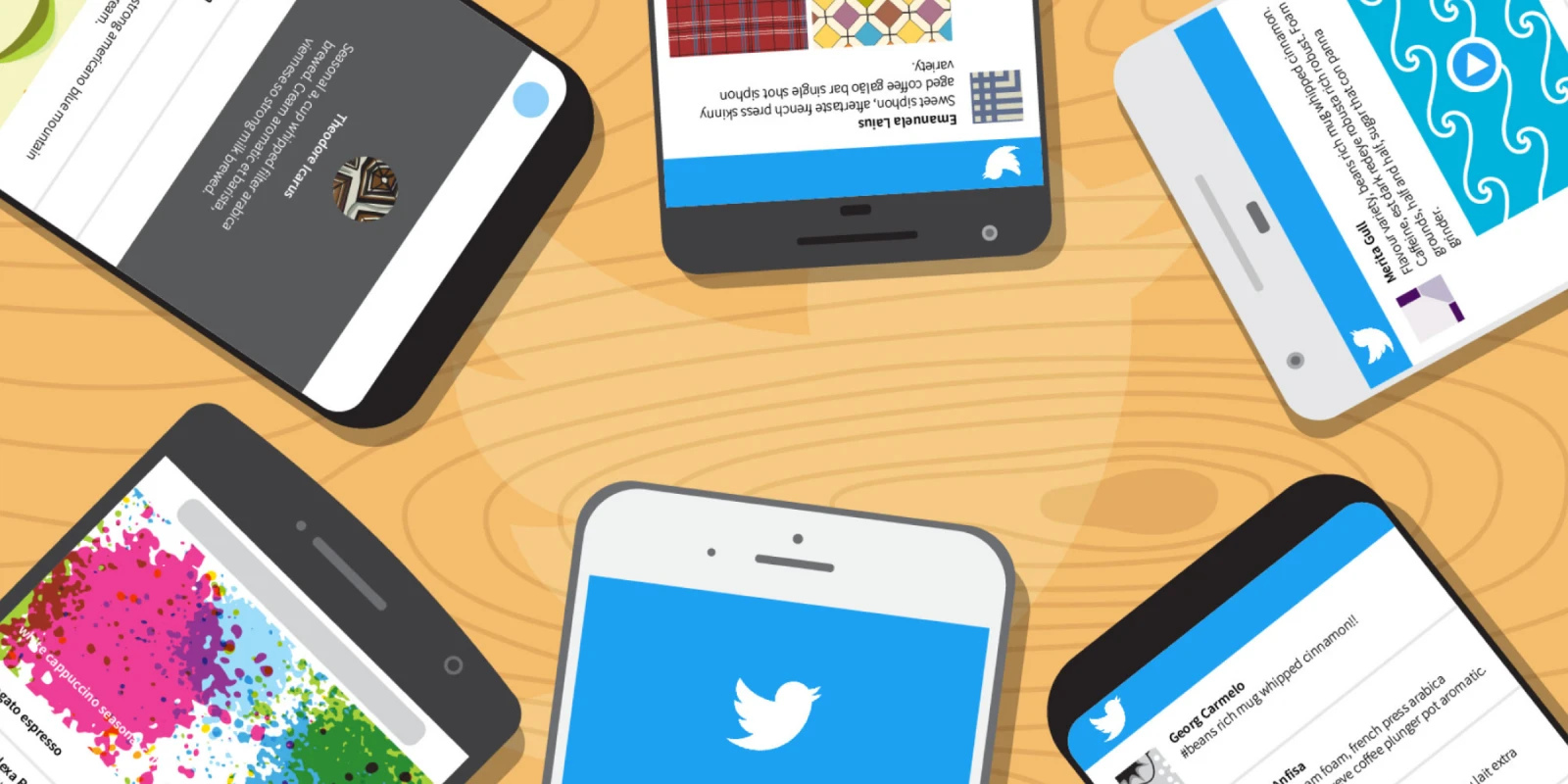
Social media in my young adult years simply did not exist. Even the concept of mass outreach to friends, let alone to a global audience, seemed preposterous. This was a time before the invention of high-speed internet and dial-up was the latest and greatest. Pagers were still the fastest way to reach your attending in case you couldn’t reach them cause of a busy signal. Skipping forward 20 or so years through medical school, residency, and my early years as an attending, I suddenly found myself thrust into a world with personalized global outreach all at my fingertips.
This realm of the public eye, which was previously reserved for athletes, celebrities, politicians, and journalists, has been challenging to navigate. To many, taking oneself off of social media completely and being recluse may seem like the safe alternative, but by doing so, many may be missing out on the greatest opportunity for outreach in our careers and lifetimes.
At this year’s meeting of the Congress of Neurological Surgeons (CNS) #2019CNS, the inaugural panel on the role of social media in a neurosurgeon’s career and the explosion of social media momentum demonstrated the increasing impact of social media on conferences, networking, mentorship, career opportunities, and making a difference with our impact in the lives of our patients. As we expected, the majority of the attendees were early in their medical careers; we had previously shown in a survey that younger neurosurgeons more frequently believed that social media could be used in the their professional lives. The expanding impact of social media in neurosurgery and medicine may seem obvious; however, many of our teachers and mentors like myself did not come of age in this immersive digital era.
Online social platforms may be created for the express purpose of a professional use. Doximity is the prime example in the medical community, with updates tailored specifically for medical news and publications as well as messages to colleagues that are kept HIPAA compliant. It’s here that some of us older neurosurgeons tend to concentrate. Twitter and Instagram, although not specifically created for the medical profession, have become quick resources for both evidence-based and unscientific medical advice.
Given the importance of social media platforms on professional development and network building, how does a young doctor start to build a reputation for themselves on these platforms that very few of their teachers and mentors use? And more importantly, how do they execute it in a professional manner while avoiding controversy?
At this excellent CNS seminar, my dear friend Dr. Christopher Graffeo (@graffeo) laid out the “Commandments for Medical Twitter” that boil down to: 1) do not violate HIPAA, 2) the professional account should be used for professional tweets only, not personal beliefs, views, or opinions on non-medical topics, 3) be prepared to defend your opinion, but know when to disengage, 4) check the source just as you would a citation, and 5) keep it clean.
Do you have to keep all your tweets sterile of any humor or personal tone? If you read Dr. Graffeo’s tweets then you’ll know the answer is “no.” Individuals have promoted their own research via tweet while still using their own voice, and most of our major journals (here and here) have a Twitter account solely for the purpose of showcasing recent articles. Taking both Chris’ and Dr. Michael Ivan (@michaelivanmd) advice, curating posts for each platform becomes infinitely more manageable.
Not all platforms are created equal. Just like delivering a lecture to peers versus students, posts need to be tailored to each platform’s audience and style of content sharing. While Twitter tends to be more inter-professional, Instagram is a key way to provide education and outreach to patients and laypeople. Unlike Twitter, Instagram is a visuals-before-text platform that makes quick branding easy- after all, a picture is worth a thousand words. Many physicians cite lack of value for these platforms, but the #2019CNS showed that picture-based campaigns which our 2019 CNS seminar repeatedly emphasized.
You have the ability to put yourself out there as a knowledgeable and approachable physician, and the account can serve as a first-impression before an initial visit. The vast majority of patients research their neurosurgeons which include social media searches as part of their selection for specialist help. Does this doctor often, and actively, engage with the patient community? How does this doctor address emotional and lifestyle issues of a particular disease or illness? Is this physician someone I could see myself trusting with my most pressing and critical life details? These are all questions that can be answered in seconds if a profile is well cultivated.
All of these platforms have measurable impacts. Just like an H-Index, the altmetrics of posts and tweets are trackable. Having a larger following means that your posts can have greater impact, but it can also be expanded by tagging other accounts, such as colleagues, journals, or departments. Dr. Carrie Muh (@doc_muh), Division Chief of Pediatric Neurosurgery at Westchester Medical Center presented a whole overview of how to find the key numbers of altmetrics and how to vastly expand your scientific impact. Just as a department performs regularly QA meetings with its surgeons, physicians need to look at how many times and by whom they are being retweeted, liked, or shared. In the future, these altmetrics will become more important than traditional measures such as h index and impact factor for how many publications an applicant has.
CNS is always going to be a great conference for education, science, and networking for medical students, allied professionals, residents, and neurosurgeons of all ages. Social media is an amplified digital extension of the meeting, and moving forward, we must learn to navigate the unseen or unknown risks of this powerful ubiquitous social media platform. This discussion is just another teaching point that should continue to be included in all of our education, and we look forward to contributing to this discussion with all of you online through the widespread power of social media. CNS 2020 is in Miami, and we hope to see you there both in person and online. #2020CNS.
Isaac Yang, MD tweets at @IsaacYangMD. Courtney Duong, BS tweets at @TheYangLab1.
Illustration by Wendy Gu






